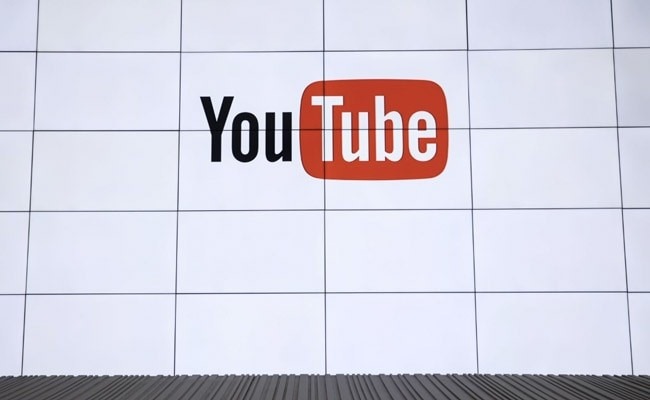| Translate This News In |
|---|
For months, investors have been concerned about two things weighing on Facebook’s business: targeted advertising limits on iPhones and the surging popularity of TikTok.
Concerns should have been directed also towards Google’s YouTube. These challenges, combined with the economic turbulence caused by Ukraine’s war, contributed to an abrupt sales slowdown for the world’s largest video service and a rare earnings shortfall for Google’s parent company, Alphabet Inc. After the company reported first-quarter data, the shares slid approximately 3% in extended trade Tuesday.
Apple Inc. has upended social networking businesses over the last year by imposing tough limitations on third-party adverts on iPhones. This harmed Meta Platforms Inc., which controls Facebook and Instagram, as well as other mobile-centric social networks such as Snap Inc., while leaving Google relatively unscathed because it is less reliant on that type of targeted advertising.
But not YouTube. Previously, Google said Apple’s privacy measures had a minor impact on its video site, but its executives acknowledged Tuesday that growth of direct-response advertisements, marketing formats that utilise targeting to reach customers, has slowed. YouTube advertising was the weakest link in Alphabet’s first-quarter statistics, with a 14 percent increase to $6.87 billion, falling more than $500 million short of analysts’ expectations. In the same quarter a year before, the video unit had a 48 percent increase.
“YouTube [is] now feeling the pain,” said Dan Morgan, senior portfolio manager at Synovus Financial Management. This is especially concerning for the stock because YouTube, along with Google’s cloud division, “was intended to be the next leg of development,” he noted.
Google officials blamed some of YouTube’s problems on Russia’s invasion of Ukraine. Political uncertainty caused a “pullback” in expenditure across Europe, according to Chief Financial Officer Ruth Porat. Overall sales in Europe and the Middle East increased 19 percent during the quarter, compared to 33 percent the previous year.
Google halted sales efforts in Russia in February, blaming the conflict. The company kept its search service and YouTube in the nation, but the freeze had a “outsized” impact on YouTube’s operations, Porat said on a conference call following the results. She said that Russia accounted for around 1% of Google’s total sales, but she refused to speculate on how long the impact would last. “I believe it is too early to remark,” she stated. “It’s still going on, sadly.”
While Google executives highlighted the conflict and Apple’s limits, they overlooked another threat to YouTube: TikTok, the viral video app from China-based ByteDance Ltd. that has driven Meta to invest in Facebook and Instagram and threatened YouTube’s dominance in the online creator sector.
On Tuesday, Google executives were eager to discuss YouTube’s answer to TikTok, Shorts. YouTube introduced the feature in 2020 as a venue for short-form videos on its app and website. The startup kept Shorts free of ads, paying creators from a fund depending on their performance criteria.
The experiment with no advertisements is coming to an end. According to Google sales director Philipp Schindler, the company is now testing adverts inside Shorts on YouTube. He stated that the corporation was “encouraged” by “early advertiser response and results.”
Executives also emphasised YouTube’s potential for development in online shopping and on television screens, both of which are key investment areas. However, much of the attention – and queries from experts – has been focused on TikTok’s competitors.
“There was also a lot of excitement about Shorts during the TikTok era, but clearly it’s very early days for them,” said Joanna O’Connell, an advertising analyst with Forrester.
Shorts receives 30 billion daily views, a fourfold rise from the previous year, according to Google. However, Porat claims that the increased viewership has diverted some traffic away from YouTube’s primary longer videos, where it makes all of its money.
Porat stated that YouTube’s business teams were focusing on “bridging the gap” between its flagship commercial service and its experimental TikTok-like service. “As a result, we’re very thrilled about the new potential with Shorts,” she said.


















